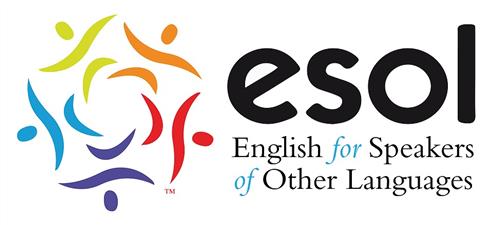English for Speakers of Other Languages (ESOL)
-

English for Speakers of Other Languages (ESOL)
The English for Speakers of Other Languages (ESOL) is designed to meet the diverse needs of English language learners (ELLs) who come from home environments in which the native language is other than English. These students may have difficulty understanding, speaking, reading, and writing the English language without additional support.ELL students receive their language arts instruction from ESOL certified teachers using research-based, effective teaching methods. In addition, bilingual assistants help students in all subject area classes and provide assistance to families with home/school communications.Skycrest currently has six full-time certified ESOL teachers and three full-time Bi-Lingual assistants. Teachers will push in or pull out during the school day for ELL students.
Families fill out a Language Home Survey when enrolling - if another language is spoken in the home, the student is then assessed using the CELLA test to determine eligibility. Florida uses the Comprehensive English Language Learning Assessment (CELLA) to measure the growth of students classified as English Language Learners (ELLs) in mastering the skills in English they will need to succeed in school. CELLA is a four-skill language proficiency assessment which tests: Listening, Speaking, Reading, and Writing.ESOL Teachers & Bi-Lingual Assistants: Ms. Murphy (5th), Ms. Knorpel (2nd), Ms. Frisby (3rd), Ms. Ladd (4th), Ms. Nemeth (1st), Ms. Santos (K), Ms. Vargas, Ms. Tovar, and Ms. Flores.Skycrest hosts a monthly Parent Listen & Learn Session at 8:45am for parents to provide information about what is happening at school. Translation is provided.24-25 Meeting Dates - in the Media Center:TBD
ESOL Goals:
- To help students attain English language proficiency, so they can succeed and excel in academics
- To provide instruction that satisfies diverse cultural and language needs
- To promote an appreciation of different cultures and their contributions to our society

